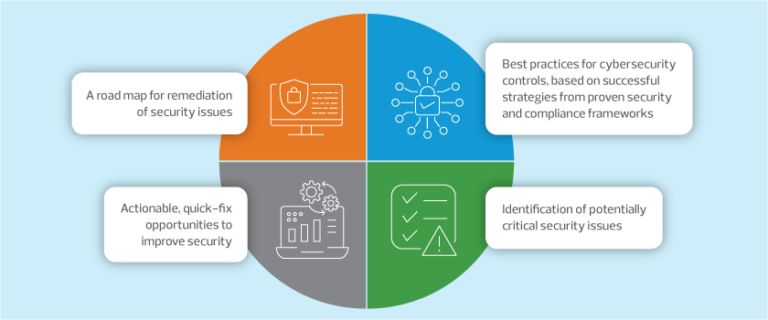Advancements in Virtual Reality for Mental Health Therapy
Virtual reality (VR) technology has shown promise in revolutionizing mental health therapy by offering innovative treatment approaches. VR creates immersive environments that simulate real-life situations, providing individuals with a safe space to confront their fears and anxieties. This interactive platform has the potential to enhance traditional therapy methods by offering a more engaging and personalized experience for patients.
Furthermore, the customizable nature of VR therapy allows mental health professionals to tailor treatment plans to meet the specific needs of each individual. By incorporating VR technology into therapy sessions, clinicians can target a wide range of mental health disorders, including phobias, PTSD, and anxiety disorders. The ability to recreate challenging scenarios in a controlled virtual environment offers patients the opportunity to practice coping mechanisms and cognitive restructuring techniques in a safe and supportive setting.
Understanding the Impact of Virtual Reality on Mental Health
Virtual reality (VR) has emerged as a promising tool in the field of mental health therapy. By immersing individuals in computer-generated environments, VR offers a unique opportunity to create controlled and tailored therapeutic experiences. This technology has been utilized to treat a variety of mental health disorders, including anxiety, PTSD, phobias, and depression.
Research has shown that VR exposure therapy can be particularly effective in helping individuals confront and overcome their fears in a safe and controlled setting. The immersive nature of VR can evoke realistic reactions and emotions, allowing therapists to guide patients through gradual exposure to anxiety-inducing stimuli. Moreover, VR therapy can be personalized to suit each individual’s specific needs and can be adjusted in real-time based on their progress and reactions.
• VR therapy offers a unique opportunity to create controlled and tailored therapeutic experiences
• Effective in treating anxiety, PTSD, phobias, and depression
• VR exposure therapy helps individuals confront and overcome their fears in a safe setting
• Immersive nature of VR evokes realistic reactions and emotions
• Therapy can be personalized to suit individual needs and adjusted based on progress
Exploring the Effectiveness of Virtual Reality in Treating Mental Health Disorders
Virtual reality (VR) has emerged as a promising tool in the treatment of mental health disorders. The immersive nature of VR allows individuals to experience different environments and scenarios that can aid in therapy sessions. By creating controlled and therapeutic virtual environments, VR has shown potential in helping individuals confront their fears, manage anxiety, and practice coping strategies in a safe space.
Studies have indicated that VR therapy can be effective in treating various mental health conditions such as phobias, PTSD, and anxiety disorders. The interactive and engaging nature of VR experiences can enhance traditional therapy approaches by providing a more realistic and personalized intervention. As the technology continues to advance, the potential for VR to revolutionize mental health treatment and improve therapeutic outcomes is becoming increasingly evident.
What mental health disorders can virtual reality therapy potentially treat?
Virtual reality therapy has shown potential in treating a wide range of mental health disorders, including anxiety, phobias, PTSD, depression, and even schizophrenia.
How does virtual reality impact mental health treatment?
Virtual reality can provide a realistic and immersive environment for individuals to confront and work through their mental health issues in a controlled setting, leading to more effective therapy outcomes.
Is virtual reality therapy considered a mainstream treatment for mental health disorders?
While virtual reality therapy is gaining recognition and popularity in the field of mental health treatment, it is not yet considered a mainstream treatment option. However, research studies continue to show promising results.
Are there any potential drawbacks or limitations to using virtual reality in mental health therapy?
Some limitations of virtual reality therapy include the need for specialized equipment, potential side effects like motion sickness, and the possibility of not being as effective for certain individuals or disorders.
How can individuals access virtual reality therapy for mental health treatment?
Virtual reality therapy may be offered at specialized mental health clinics, research institutions, or through virtual reality apps and programs that individuals can access on their own with the appropriate equipment.






